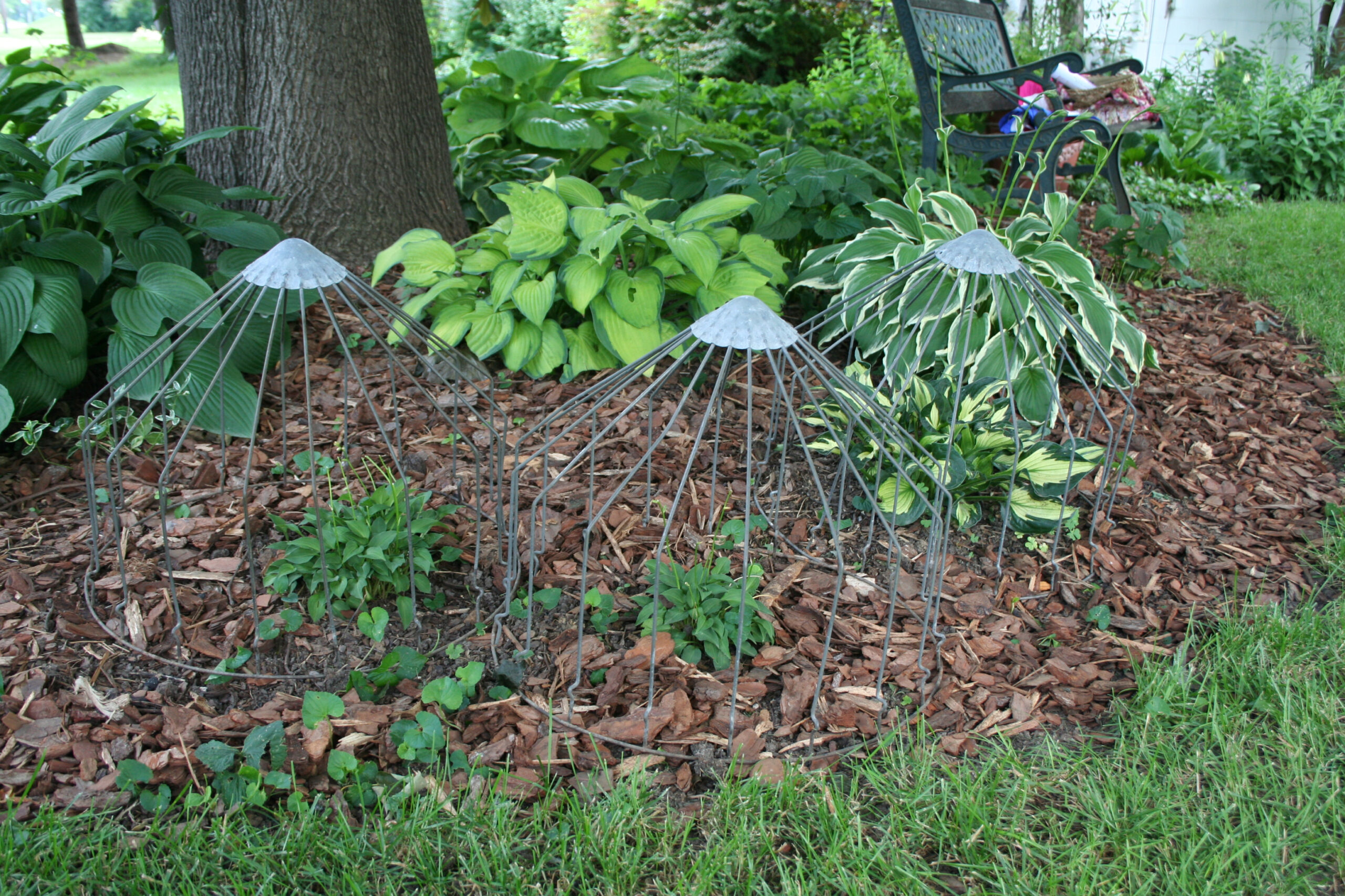How to Protect Plants From Rabbits
Rabbits can be cute and fuzzy, but when it comes to your beloved garden, they can quickly become a nuisance. These small herbivores have a voracious appetite for plants, and if left unchecked, they can wreak havoc on your carefully cultivated greenery. However, with the right techniques and strategies, you can protect your plants from rabbits and enjoy a beautiful, thriving garden.

1. Fence in Your Garden
One of the most effective ways to keep rabbits away from your plants is by installing a fence. Use a sturdy wire mesh fence that is at least 2 feet high and bury it at least 6 inches deep to prevent rabbits from burrowing under it. Make sure the fence is tight to the ground to prevent rabbits from squeezing through any gaps.
2. Use Natural Repellents
There are several natural ingredients that rabbits find unappealing and can be used as repellents. Sprinkle cayenne pepper, garlic powder, or black pepper around your plants to deter rabbits. You can also make a homemade spray by combining one tablespoon of hot sauce, one quart of water, and a few drops of dish soap. Spray this mixture on and around your plants to keep rabbits at bay.
3. Create Physical Barriers
Another effective way to protect your plants from rabbits is by creating physical barriers. Use chicken wire or hardware cloth to create cylinders or cages around individual plants. Ensure that the barrier is tall enough to prevent rabbits from reaching the plants and secure it firmly to the ground. This method is particularly useful for protecting young or vulnerable plants.
4. Plant Rabbit-Resistant Plants
Choosing plants that are less appealing to rabbits can help minimize the damage to your garden. Some examples of rabbit-resistant plants include marigolds, lavender, snapdragons, and daffodils. These plants have strong scents or textures that rabbits find unpalatable, making them less likely to be nibbled on.
5. Keep Your Garden Tidy
Rabbits are attracted to areas with dense vegetation, tall grass, and brush piles. By keeping your garden tidy and free of debris, you can make your garden less inviting to these furry creatures. Regularly mow your lawn, remove fallen leaves, and trim overgrown shrubs to eliminate potential hiding spots for rabbits.
6. Install Motion-Activated Sprinklers
Motion-activated sprinklers can startle rabbits and deter them from venturing into your garden. When the sensor detects movement, it activates the sprinkler, spraying water in the direction of the intruder. This sudden burst of water can effectively scare away rabbits and prevent them from causing any damage to your plants.
FAQs (Frequently Asked Questions)
1. How high should the fence be to keep rabbits out?
The fence should be at least 2 feet high to prevent rabbits from jumping over it. Make sure the fence is tight to the ground and bury it at least 6 inches deep to prevent rabbits from burrowing under it.
2. Can I use mothballs to repel rabbits?
No, mothballs are not recommended for repelling rabbits. They contain toxic chemicals that can be harmful to both animals and humans. It is best to use natural repellents like cayenne pepper or garlic powder to deter rabbits.
3. Do rabbits eat all types of plants?
While rabbits are known to nibble on a wide variety of plants, there are certain plants that they find less appealing. Some examples include marigolds, lavender, snapdragons, and daffodils. Planting these rabbit-resistant plants can help protect your garden.
4. Are there any humane methods to control rabbit populations?
Yes, there are humane methods to control rabbit populations. These can include using deterrents like fences or natural repellents, as well as creating physical barriers around individual plants. It is important to remember that rabbits are living creatures, and we should strive to find solutions that do not cause them harm.
In conclusion, protecting your plants from rabbits requires a combination of strategies such as installing a fence, using natural repellents, creating physical barriers, planting rabbit-resistant plants, keeping your garden tidy, and utilizing motion-activated sprinklers. By implementing these methods, you can enjoy a thriving garden free from the damage caused by rabbits.
Related Articles…
Copyright Notice:
All images featured on this site are sourced from the internet, copyrights belong to respective owners. Should you own any image and require it to be removed, please contact us.